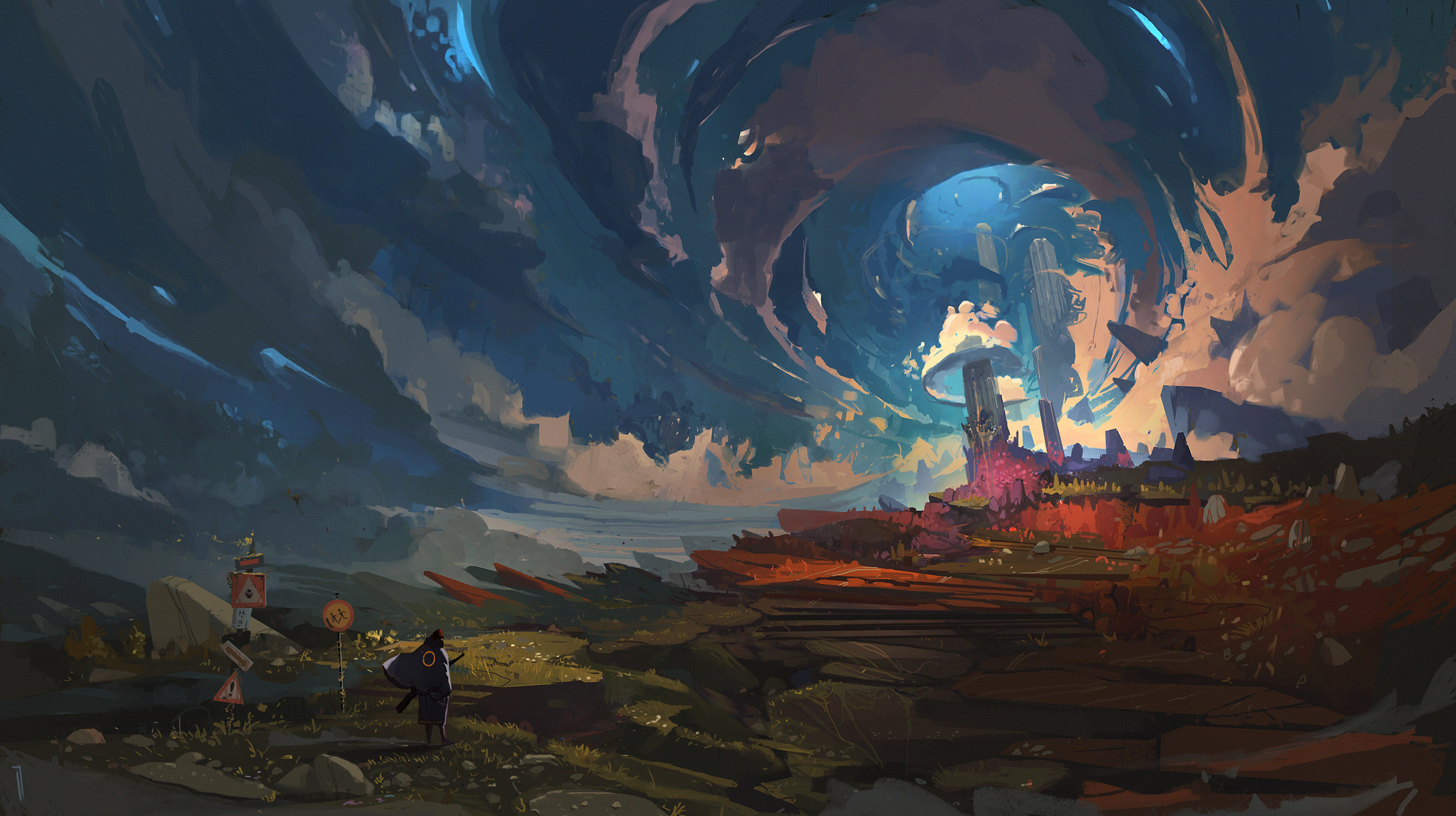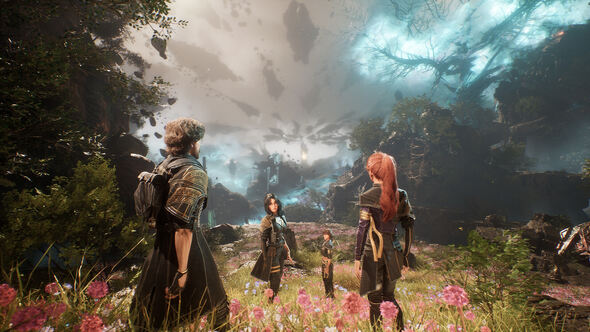Roguelike (or rogue-like) is a subgenre of role-playing video games characterized by a dungeon crawl through procedurally generated levels, turn-based gameplay, tile-based graphics, and permanent death of the player character. Most roguelikes are based on a high fantasy narrative, reflecting their influence from tabletop role playing games such as Dungeons & Dragons.
Wikipedia
That’s the Wikipedia definition of Roguelike. A genre of games that I had traditionally stayed away from. I prefer my linear narratives and forgiving checkpoints. When Hades was announced as Roguelike in early access, I promptly forgot about it, despite the pedigree of Supergiant Games. Then it came out of early access to rave reviews. I pondered for a bit if this was the time, I should try it out. Indie game pricing eventually made it an easy decision.
I didn’t know what to expect going in. I was ready to write it off, if everything I felt about the genre turned out to be true. I am now 30 hours into it and it easily managed to subvert all my expectations. It is confounding to me how I was able to devote this much time to playing the same gameplay play loop endless number of times and yet find it all so fresh. Tied to this is something Supergiant have always done well. A wonderfully wrought narrative brought to life by great writing and a wonderful cast of voice actors.
As I kept playing it, I realized that even if I dissociated the word Roguelike from the game, it’s a brilliant feat of game design to make playing the same sequence of encounters interesting for so long as I did. If this is an example of what the genre can do, I think I am ready to open up my horizons to more roguelikes.





